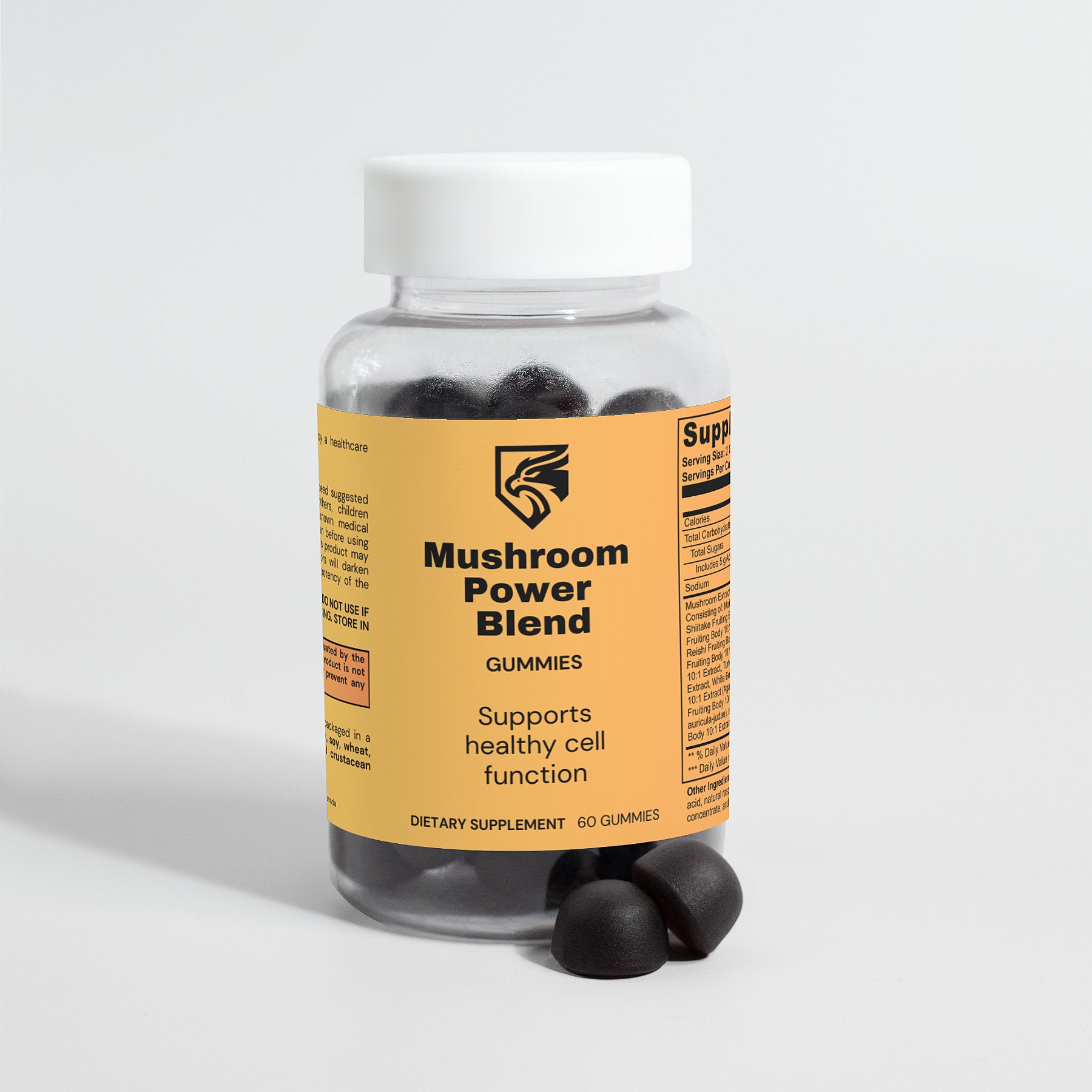Introduction
The ketogenic diet, or keto diet, has gained widespread popularity for its potential health benefits, including weight loss, improved energy levels, and enhanced mental clarity. However, its impact on hormone levels, particularly testosterone, remains a topic of interest and debate among health enthusiasts and researchers alike. In this article, we'll explore the nutritional components of the keto diet and their potential role in supporting testosterone production.
Nutritional Components of Keto Diet Supporting Testosterone
The keto diet is characterized by a high-fat, moderate-protein, and low-carbohydrate macronutrient composition. Let's delve into each of these components and their specific relevance to testosterone levels:
Healthy Fats: The Foundation of Hormone Synthesis
Dietary fats are crucial for hormone synthesis, including testosterone production. In the keto diet, healthy fats such as avocados, nuts, seeds, olive oil, and fatty fish are emphasized. These fats provide the building blocks for steroid hormones, including testosterone, and support overall hormonal balance.
Omega-3 fatty acids, found abundantly in fatty fish like salmon and sardines, have been linked to higher testosterone levels and improved reproductive health in men. Incorporating these sources of healthy fats into your keto meal plan can provide essential nutrients for optimal testosterone production.
Protein: Building Blocks for Muscle Growth and Hormone Regulation
Protein plays a vital role in muscle growth, repair, and hormone regulation. Adequate protein intake is essential for supporting lean muscle mass, which in turn influences testosterone levels. While the keto diet is not as high in protein as some other dietary approaches, it still provides sufficient protein to support muscle function and hormone synthesis.
Including protein sources such as lean meats, poultry, eggs, and dairy products in your keto diet can help maintain muscle mass and support testosterone levels. Aim for a moderate intake of protein to meet your body's needs while staying in ketosis.
Carbohydrates: Minimal Impact on Testosterone
The low-carbohydrate nature of the keto diet may initially raise concerns about its impact on testosterone levels. However, research suggests that the absence of carbohydrates does not significantly affect testosterone production in healthy individuals. In fact, reducing carbohydrate intake can lead to improved insulin sensitivity and lower levels of circulating insulin, which may indirectly support testosterone production.
Conclusion
The keto diet offers a unique approach to nutrition that can support testosterone levels through its emphasis on healthy fats and adequate protein intake. By prioritizing nutrient-dense foods and minimizing processed carbohydrates, individuals following a keto diet can create an environment conducive to optimal hormone balance.
Incorporating a variety of healthy fats, lean proteins, and low-carbohydrate vegetables into your keto meal plan can provide essential nutrients for testosterone production and overall health. Additionally, incorporating regular exercise, stress management, and adequate sleep can further enhance hormone balance and optimize testosterone levels.
Overall, while the keto diet may not be suitable for everyone, its potential benefits for testosterone levels highlight the importance of personalized nutrition and lifestyle strategies in promoting hormonal health and overall well-being. As always, consulting with a healthcare professional or registered dietitian is recommended before making significant dietary changes, especially for individuals with specific health concerns or medical conditions.







Leave a comment
All comments are moderated before being published.
This site is protected by hCaptcha and the hCaptcha Privacy Policy and Terms of Service apply.